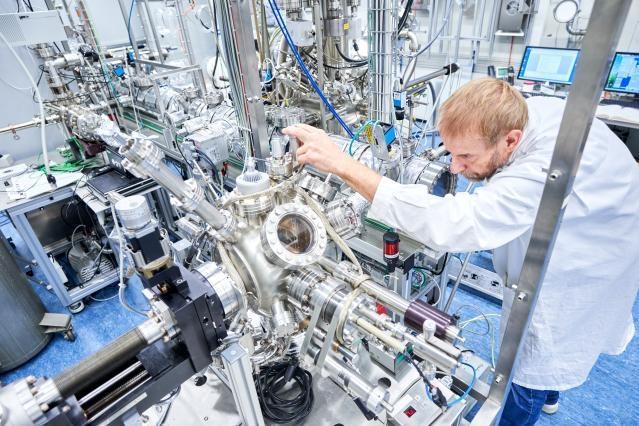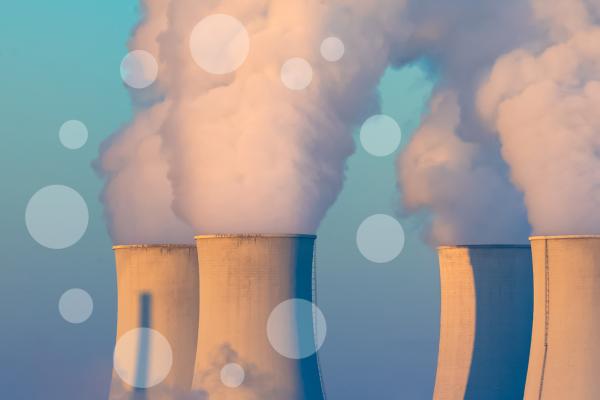
Nuclear fuels generate very high levels of radiation and heat. In order to understand and reliably predict the behaviour of the fuel matrix and the cladding material, it is essential to have a fundamental knowledge of the high temperature behaviour of these materials and the effects that radiation damage can cause. For that purpose, studies are performed at JRC using the unique equipment available, in close collaboration with partners from EU member states.
The behaviour of structural and nuclear materials for fission reactors is complex due to the property changes resulting from the high temperatures and/or the intense radiation they are exposed to. Focused studies of separate effects, using experimental and simulation techniques, are performed to obtain a fundamental understanding of the different processes affecting the material properties and performance. The aim is to reach an understanding at the microscopic or even the atomistic level.
To that purpose the relevant experimental techniques (transmission electron microscopy, spectroscopy such as Raman and X-ray absorption, nuclear magnetic resonance, and others) and computational techniques (molecular dynamics, density functional theory, computational chemistry) are developed and employed to yield reference data and degradation mechanisms on key materials for nuclear science and technology, generally in a European context.
The programme focuses on materials for nuclear fuels, cladding and structural materials for fission reactors, and nuclear waste forms. The programme is performed in close collaboration with European universities and provides ample opportunities for training of students at various levels (MSc, PhD, post-doctoral).

